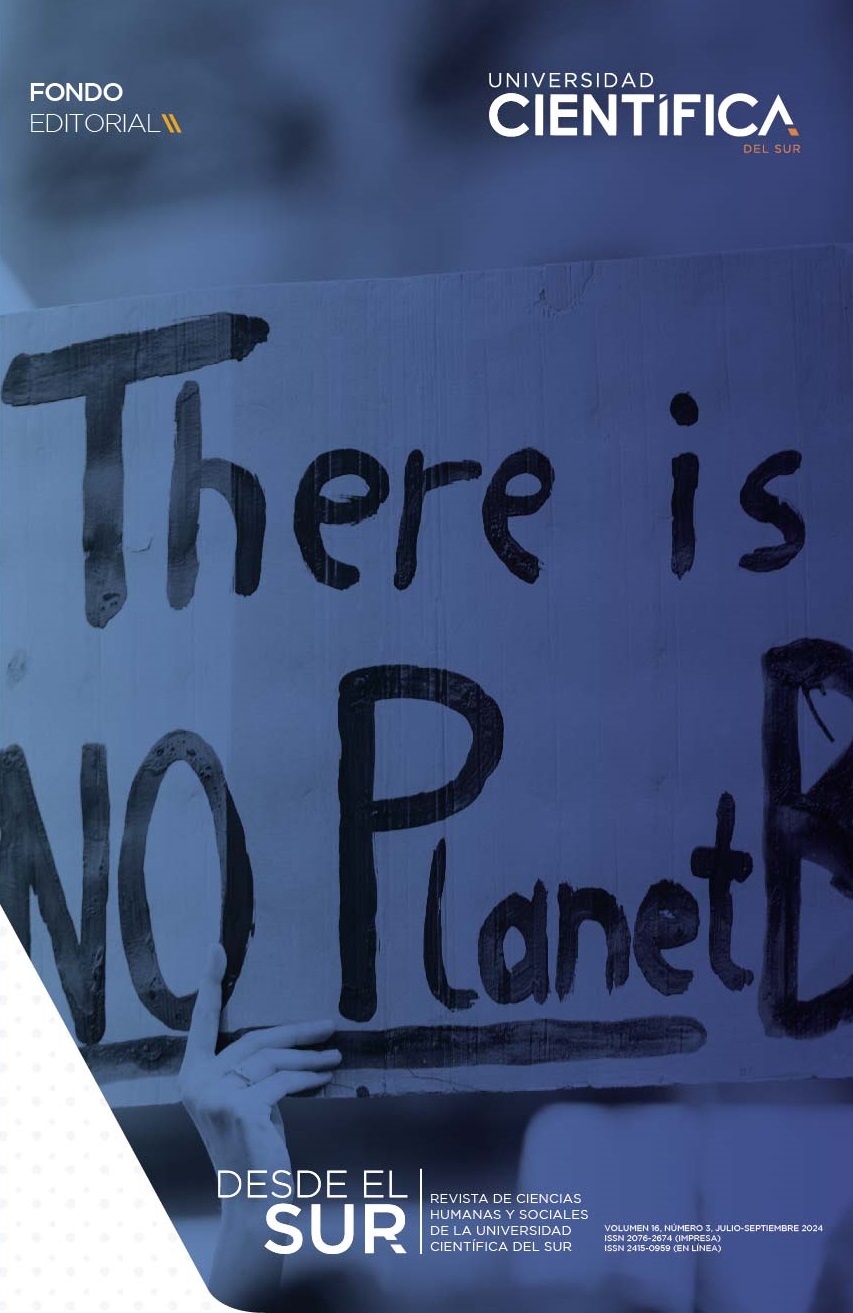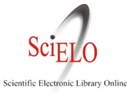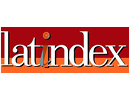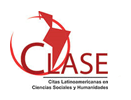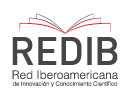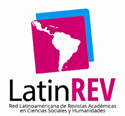Enter the bubble. Reflections on ethnographic work in mass shows during covid-19 pandemic
DOI:
https://doi.org/10.21142/DES-1603-2024-0043Keywords:
etnography, reflexivity, pandemicsAbstract
This article proposes an exercise in reflexivity around the particularities, difficulties and possibilities of ethnographic work in the framework of the Covid-19 pandemic based on a specific research experience on safety in musical performances in the city of La Plata, Argentina. Throughout this work I expose, the state policies and the temporalities of the management of the pandemic in the country and the city to understand the general framework in which the field work was carried out. Secondly, I present the space where the field work was carried out. Thirdly, I present the way in which I understand ethnography and explore the methodology of the research carried out. Fourthly, I present some analyzes of the implications of the pandemic in the case worked on, recovering the perspective of the actors. Finally, I propose a reading of the particularities of ethnographic work in the context of the pandemic, this being both a context and a part of the object of study.
Downloads
References
Alonso, L. E. (1999). La mirada cualitativa en sociología. Fundamentos.
Baker, S. y Edwards, R. (2012). ¿How many qualitative interviews is enough? National Centre for Research Methods Review Papers.
Benítez Larghi, S., Ortale, M. S. y Adriani, L. (2022). Entrevista a Juan I. Piovani. Las ciencias sociales frente a la pandemia en Argentina. Cuestiones de Sociología, 26.
Burgess, R. (1984) In the field. An introduction to field research. Allen & Unwin.
Cabral, P., Lio, V. y Urtasun, M (2023). ¿Quién cierra la calle? Poblaciones vulnerables, fuerzas policiales y disputas políticas por el cerramiento del espacio público durante la pandemia en la ciudad de La Plata. En J. Garriga Zucal, Violencias, vulnerabilidades y fuerzas de seguridad. Una perspectiva federal. Teseo Editorial.
Coffey, A. y Atkinson, P. (1996). Encontrar el sentido a los datos cualitativos. UDEA.
Denzin, N. y Lincoln, Y (2005). The Sage Handbook of Qualitative Research. Sage.
Fontana, A. y Frey, J. (2005) The interview, from neutral stance to political involvement. En N. K. Denzin y S. Lincoln (comps.), The Sage Handbook of Qualitative Research (pp. 695-727). Sage.
Geertz, C. (1987). La interpretación de las culturas. Gedisa.
Glaser, B. y Strauss, A. (1967). The discovery of grounded theory: strategies for qualitative research. Aldine Publishing Company.
Guber, R. (1991). El salvaje metropolitano. Legasa.
Guber, R. (2011). La etnografía, método campo y reflexividad. Grupo Editorial Norma.
Maracús, J. (2023). Hacer sociología en tiempos de Covid-19. En J. Maracós (coord.), Ciudad confinada. Experiencias urbanas durante la pandemia de Covid-19. Teseo Editorial.
Mauro, K. (2022) Trabajo y artes del espectáculo en la Ciudad de Buenos Aires. Precariedades y contradicciones que reveló la pandemia. Trabajo social, 23(38), 163-181. http://www.scielo.org.ar/scielo.php?script=sci_arttext&pid=S1514-68712022000100163&lng=es&nrm=iso
Maxwell, J. A. (1996). Qualitative research design. An interactive approach. Sage.
Ministerio de Salud de Argentina. (2020). Plan estratégico para la vacunación contra la COVID-19 en Argentina. https://bancos.salud.gob.ar/recurso/plan-estrategico-para-la-vacunacion-contra-la-covid-19-en-argentina
Organización de las Naciones Unidas Argentina, ONU Argentina. (2021). Análisis conjunto del sistema de Naciones Unidas 2021: los efectos de la pandemia por Covid-19 en la Argentina. https://argentina.un.org/sites/default/files/2021-09/Informe%20CCA%202021%20Argentina.pdf
Organización Mundial de la Salud, OMS. (11 de marzo de 2020). Alocución de apertura del director general de la OMS en la rueda de prensa sobre la COVID-19 celebrada el 11 de marzo de 2020. https://www.who.int/es/director-general/speeches/detail/who-director-general-s-opening-remarks-at-the-media-briefing-on-covid-19---11-march-2020
Rosa, S. G. y Cabandié, B. (2022). La seguridad en espacios de acceso de público y masivo, una deuda pendiente. Minerva, 2(6), 20-33.
Segura, R., y Pinedo, J. (2022). Espacialidad, temporalidad, situacionalidad. Tres preguntas sobre la experiencia de la pandemia en/desde la ciudad de La Plata. Cuestiones de Sociología, 26, e130. https://doi.org/10.24215/23468904e130
Semán, P., y Wilkis, A. (2021). ¿Por qué no hacen caso? Normas, creencias y política en contexto de pandemia. Ciudadanías. Revista de Políticas Sociales Urbanas, 8.
Downloads
Published
Issue
Section
License

Esta obra está bajo una licencia http://creativecommons.org/licenses/by-nc-sa/4.0/

